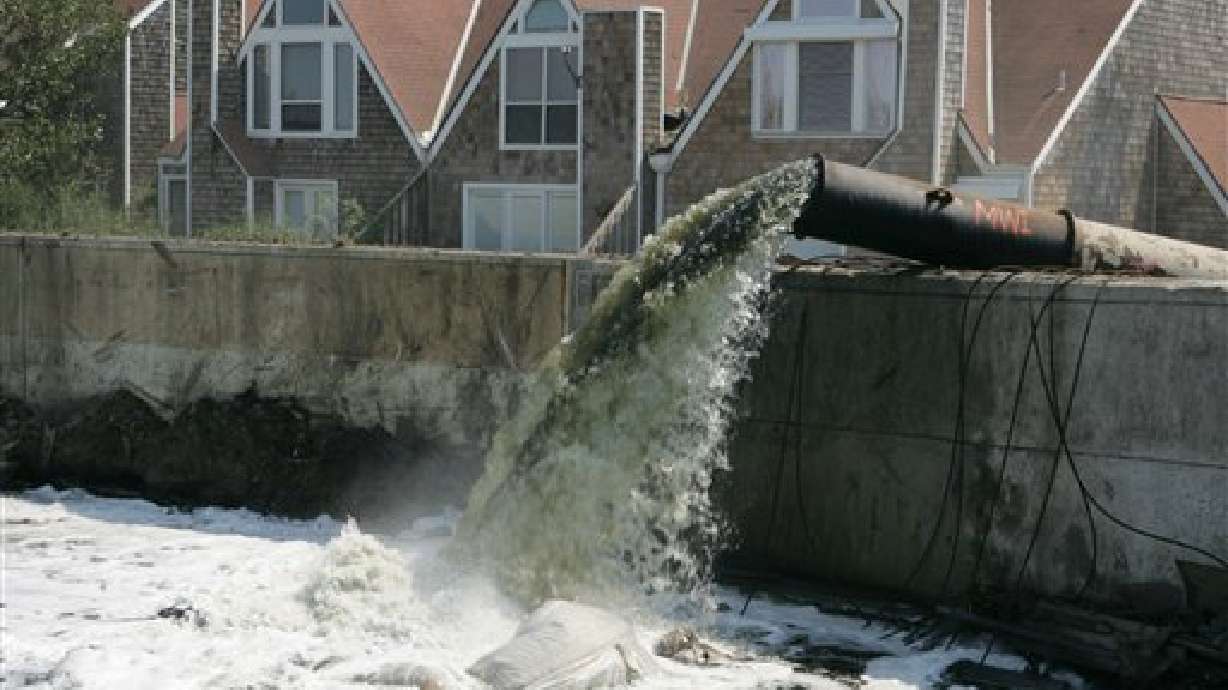Estimated read time: 2-3 minutes
This archived news story is available only for your personal, non-commercial use. Information in the story may be outdated or superseded by additional information. Reading or replaying the story in its archived form does not constitute a republication of the story.
Ed Yeates ReportingA Utah researcher says New Orleans should not be rebuilt on its existing site. In fact, he calls such a plan "irresponsible." Other scientists are voicing similar concerns today, not only with New Orleans but with other coastal developments.
The United Geological Survey's video of Katrina's devastation offers a different perspective. Erosion, changes in topography, islands that were once there but are no more - the view really questions the wisdom of moving back into harms way.
Paul Jewell, University of Utah Geophysics: "Part of it's here now, and it's there then. And you can see in the stratographic record, in these events occurring in which you've taken away a lot of sand and beach material and deposited it in a different place."
It's simply human nature. Some of the most beautiful spots on the globe are in the most hazardous areas. Salt Lake City, for example, we live right on the footsteps of the infamous Wasatch Fault.
The big difference is our catastrophes - the big earthquakes - come in intervals of hundreds of years. But along the gulf coast catastrophic winds and rains drop by every year.
While Paul Jewell at the University of Utah watched the sobering USGS video, one of his colleagues, professor Richard Toth at Utah State, says it's time to rebuild New Orleans on higher ground and its port further up river.
The USGS used a lighthouse marker in 2001 after Ivan hit. But on August 31 this year, after Katrina, the lighthouse is gone and so are large portions of what was once one complete island. Much of the coastal area is laid flat. And New Orleans, well you already know that tragic story.
Paul Jewell: "From a purely scientific perspective, you're right, it doesn't make much sense to build there again. Water will always find its way to the lowest point and if the lowest point is below sea level, sea level will always win."
Jewell is among those who believe sea levels will rise over the next few decades. If so, disasters like Katrina will only intensify.








